Last updated on November 9th, 2024 at 04:44 pm
You find yourself daydreaming about your favorite destinations while looking at the brochures. Enchanted forests with refreshing waterfalls, palm trees on sandy white beaches kissed by turquoise waves, hiking trails on crisp snowy mountains, or pink umbrella’s in cocktail glasses next to bright blue pools. Of course, you want your travel plans to fit your eco-friendly lifestyle. But you don’t want to work too hard for it. Well, here are some great tips on how to travel sustainably without the hassle.
Table of Contents
- Avoid peak season
- Choose roads less traveled
- Leave your home unplugged
- Enjoy slow travel
- Improve your flying
- Be picky about your accommodation
- Feel at home in your hotel
- Bring your own reusables
- Communicate with locals
- Enjoy the local food and drinks
- Leave local wildlife alone
- Spend your money locally
- Support communities that are rebuilding
- Be respectful with your clothes
- Leave nothing but your footprints
- Save your brochures and maps for others
- Take your toxic waste home with you
- Have fun being the best traveler you can be!
Avoid peak season
The easiest way to improve your travel sustainability is taking your vacation off-season, or at least not during the peak of the season. Especially if you insist on visiting the tourism hotspots. Too much tourism at a time puts a lot of strain on ecosystems. When you travel outside of school holidays, there’s less pressure on both infrastructure and nature. Also, your money helps local businesses because you give them a more steady income stream.
Choose roads less traveled
It’s even better if you don’t care about checking off a list of must-see photo opportunities. If so, eco-friendly travel tips become even more straightforward. Places whit less tourism are less impacted by hordes of people, extra waste, and air pollution. If you go to countries that aren’t used to tourists, simply be mindful. Remember, you’re basically visiting someone else’s home. So try to not take advantage and think about ways to make a positive impact.
Leave your home unplugged
Before you lock the door behind you and set out into the world, make sure your home isn’t wasting any energy while you’re gone. Unplug all appliances that won’t need to do anything, like the tv and game consoles, laptops and chargers, music equipment, and air conditioners. If you need lights to keep burglars out, use timers. This isn’t just better for the planet; your wallet will thank you too.
Enjoy slow travel
Obviously, flying is not an eco-friendly way to travel. We all know that by now. That’s why more and more people embrace slow travel. Instead of hopping on a plane, go on a road trip in an electric car or travel by train. Maybe even ride your bicycle or go walking. With Spinlister, you can find locals who rent out their bicycles and make it easy for you to take a spin around your lodgings.
If you can, go overland and skip domestic flights altogether. Trains are even better than cars because you travel more sustainably when you put more people in one vehicle. Hold off on the cruises. Because they are a close second to airplanes when it comes to polluting our planet.
Improve your flying
It’s only logical that not all destinations can be reached overland. Asia or Australia by boat isn’t feasible in your few vacation days, I get that. But if you have to fly, choose to fly less. Don’t go on a few short plane trips each year, but plan one long journey. And add a few staycations or slow travel trips for short breaks.
Don’t upgrade to first class because that increases your carbon footprint. And pack as light as you can because added pounds demand more fuel for flying. If you want to do some homework, you can check which airlines have lower carbon emissions. Check the carbon emission calculators from ICAO or Carbon Footprint to see how much pollution your trip will generate. And for extra points: compensate your air miles by planting trees.
Be picky about your accommodation
No matter if you prefer a five-star hotel or love camping, many accommodations have become eco-conscious. Some offer CO2 or carbon-neutral stays, some are plastic-free, or they plant trees from their profits. Before you book your stay, check what the accommodation is doing to help you travel more sustainably. Green Globe is a great tool to guide you to an eco-friendly vacation location.
Feel at home in your hotel
Don’t spoil water or electricity when staying in a hotel or resort just because they let you. Instead, act like you would at home. For example, keep your showers short, and turn off the lights and air conditioning when you leave your room. Don’t leave the tv or other appliances on standby but unplug them if possible. And don’t ask for clean towels every day when you can reuse them.
The easiest way to be a sustainable hotel guest is by hanging the do not disturb sign on your door. Come on, there’s no need to have your room cleaned every day. No vacuuming: saves electricity. Not changing sheets or towels: saves water and chemical laundry detergents. It also reduces the workload of personnel.
Bring your own reusables
Don’t create unnecessary waste during your travels. For example, those tiny plastic bags from the cute local market will forever pollute the soil and waters. So, bring your own reusables like a foldable shopping bag, a water bottle or coffee cup, a lunch bag (mine are Lunchskins), some cutlery, or a collapsible food container. You can also travel lighter by bringing zero waste toiletries, like toothpaste tablets and shampoo bars.
If you go to a destination where you can’t drink tap water, you might be tempted to buy plastic bottles anyway. If you get yourself a good water filter, you’ll be cheaper off in the long run. And, of course, you’ll waste less plastic using your reusable bottle every day. GoSun has a water purifying water filter on solar energy. You can read more about GoSun in this blog post. You could also use tablets that purify your water, which is usually less expensive.
Communicate with locals
There’s no doubt that locals know the most about your holiday destination. So don’t be shy and ask questions. Sure, be respectful and don’t start with personal stuff. Just start a conversation about food, nature, local markets, their language. Learn a few words from them. And if you feel a connection, you might build up to family and their way of life. If you want to take their picture, ask them for permission first.
Enjoy the local food and drinks
Chances are, a cold beer from the local brewery is a joy for your taste buds. It is also more carbon-friendly because it didn’t have to travel hundreds or even thousands of miles like your favorite imported brand. The same goes for food: try the local cuisine. If you like it, you’re not only eating sustainably, you might go home with some kick-ass new recipes to impress your friends with.
Leave local wildlife alone
Sure, you’ll look cute on Insta or Facebook next to that kneeling elephant or dancing monkey. But, unfortunately, those animals often are torn away from their life in the wild, locked up, and sometimes even mistreated just for profits and a cute photo. It’s more fun to see wild animals in their natural habitat, not doing unnatural things like giving back rides. So instead, visit ethical places like elephant sanctuaries and wildlife conservation projects.
Spend your money locally
It’s convenient to stick to your familiar brands even when you’re abroad. After all, you know what you get with those all-American burgers and pizzas. But instead of spending your money with the big multinationals, spend it with the local restaurants and shops. You’ll probably eat much tastier and more sustainable food that way. And if you choose to eat vegetarian, you’re even more eco-friendly. Drink a locally crafted beer or wine and help the local entrepreneurs out. And leave a note and a tip on your hotel nightstand for the cleaning crew.
Support communities that are rebuilding
Areas that rely on tourism get hit by disasters sometimes. So we tend to avoid those places during our travels. And sure, hurricane-stricken islands like Puerto Rico need to get back on their feet first. But spending your vacation money there might help locals get back on track faster. You could even volunteer during your stay to help rebuild communities. Just make sure you are not doing more harm than good. Check what organization is suitable for the local community.
Be respectful with your clothes
There can be significant differences between countries when it comes to decent clothing. You can be close to naked on one beach; you need to wear more fabric on the other. If you’re not sure about the area’s customs, choose more clothes and show less skin. After all, you are a guest in their country, and you don’t want to offend your hosts.
Leave nothing but your footprints
Being a good traveler means you don’t leave trails of trash behind you. Nor do you pick wildflowers, startle wildlife, or make fun of the locals. If you want to go the extra mile, leave the place even better than you found it. Pick up a few pieces of trash from the beach or forest and put them in the bin.
Save your brochures and maps for others
Most of the time, your hotel or the local tourist office helps you out with some great folders, area maps, and brochures. Use them with care and return them after use. That way, travelers that come after you may reuse them. Or go digital and load the maps and information you need on your smartphone. It saves loads of copying and printing, which means less paper, ink, electricity, and time.
Take your toxic waste home with you
Don’t leave behind your empty batteries, sprays with aerosols, or plastic tubes. It’s basically toxic waste. Bring it back home with you and dispose of it the right way. Bring it to your community recycle station or throw it in the proper garbage container.
Have fun being the best traveler you can be!
Traveling can be such a fantastic experience. Even now, just by writing down these eco-friendly travel tips for you, I feel the itch to pack up and find a beautiful spot in nature myself. Want inspiration about what to pack? Check out this post about sustainable summer essentials. That’s a wrap. Hopefully, these sustainable travel tips will help you be a responsible, social, and happy traveler. Because there’s no need to stop traveling at all. There’s just a need to do it better. Thank you for doing your bit!
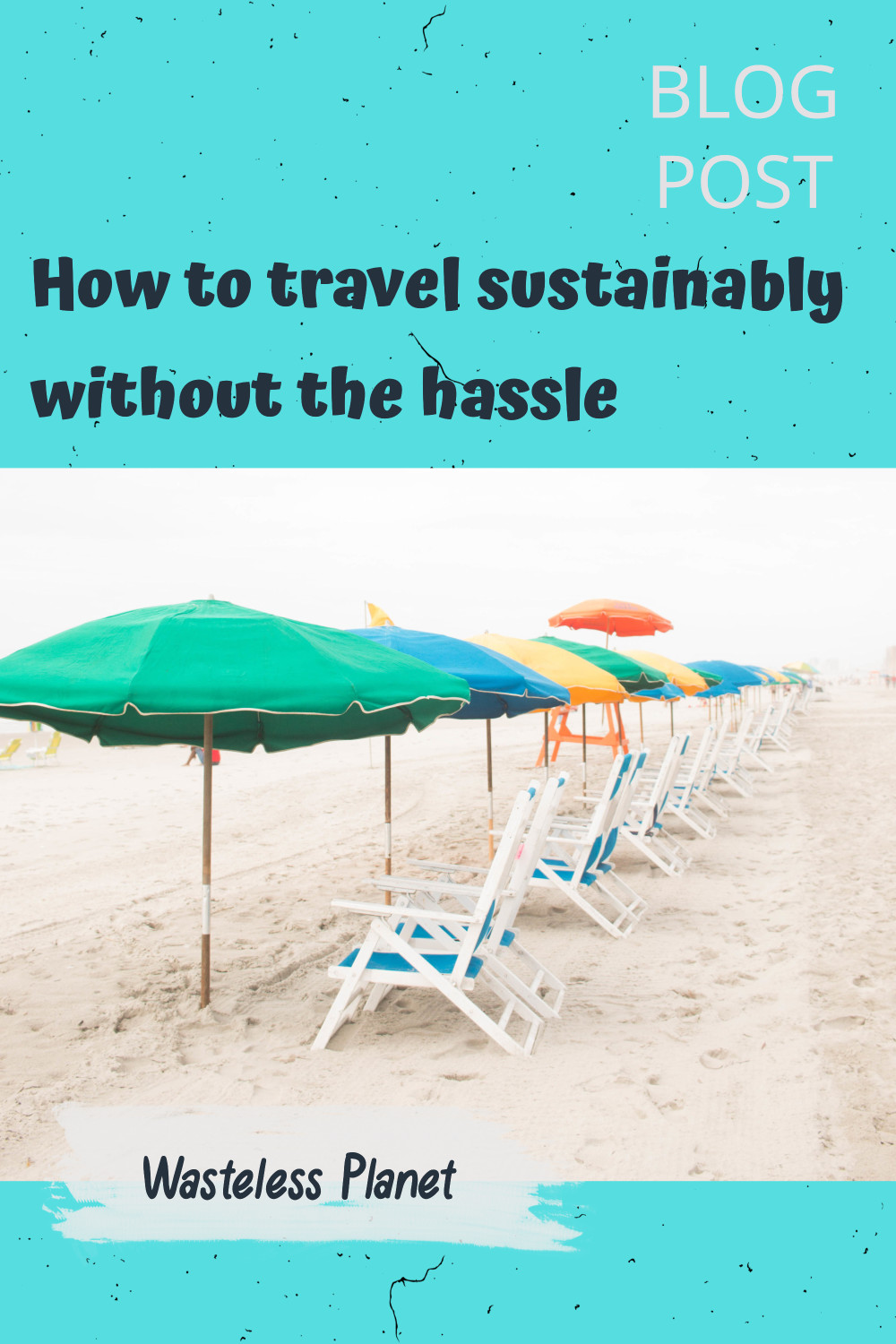
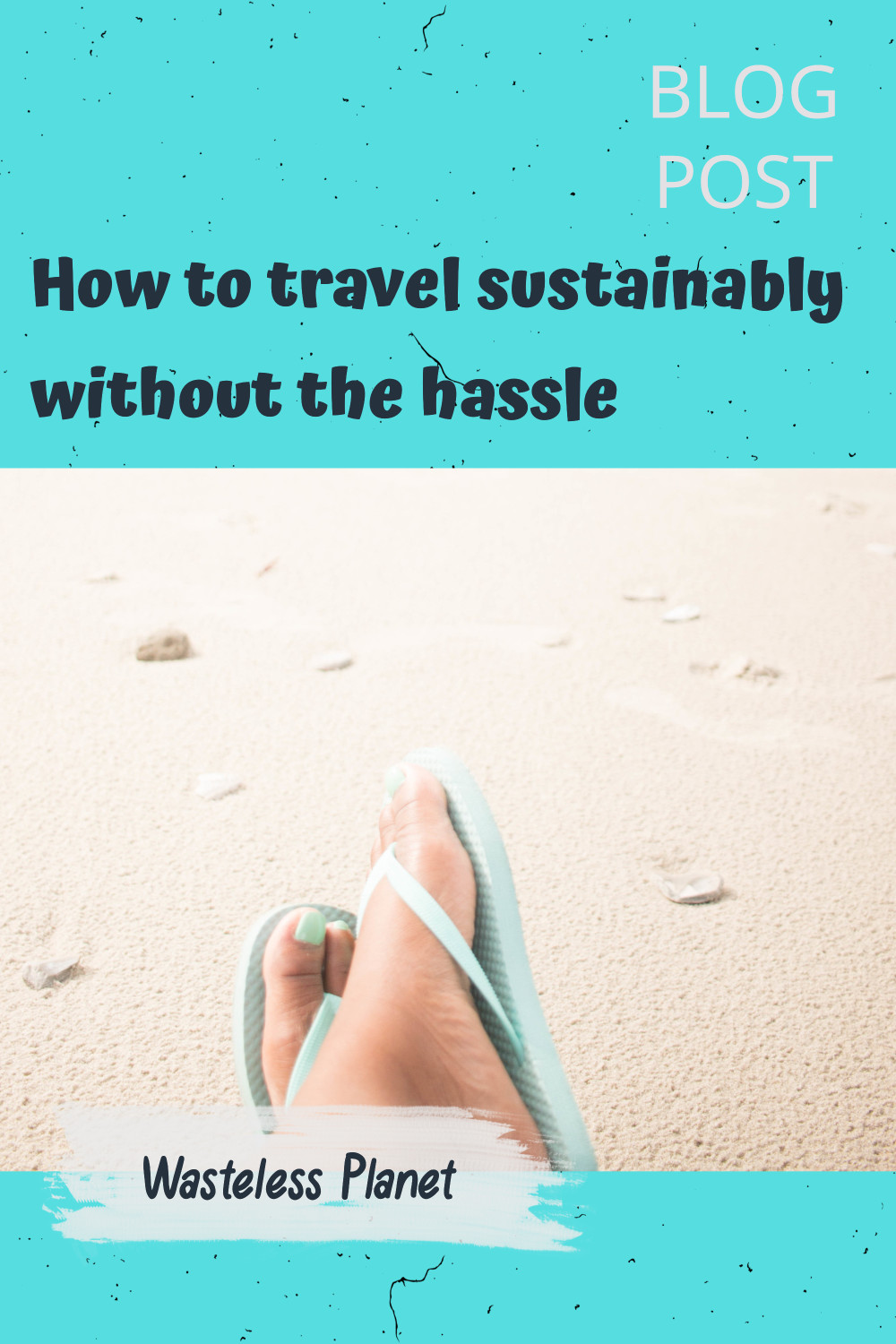
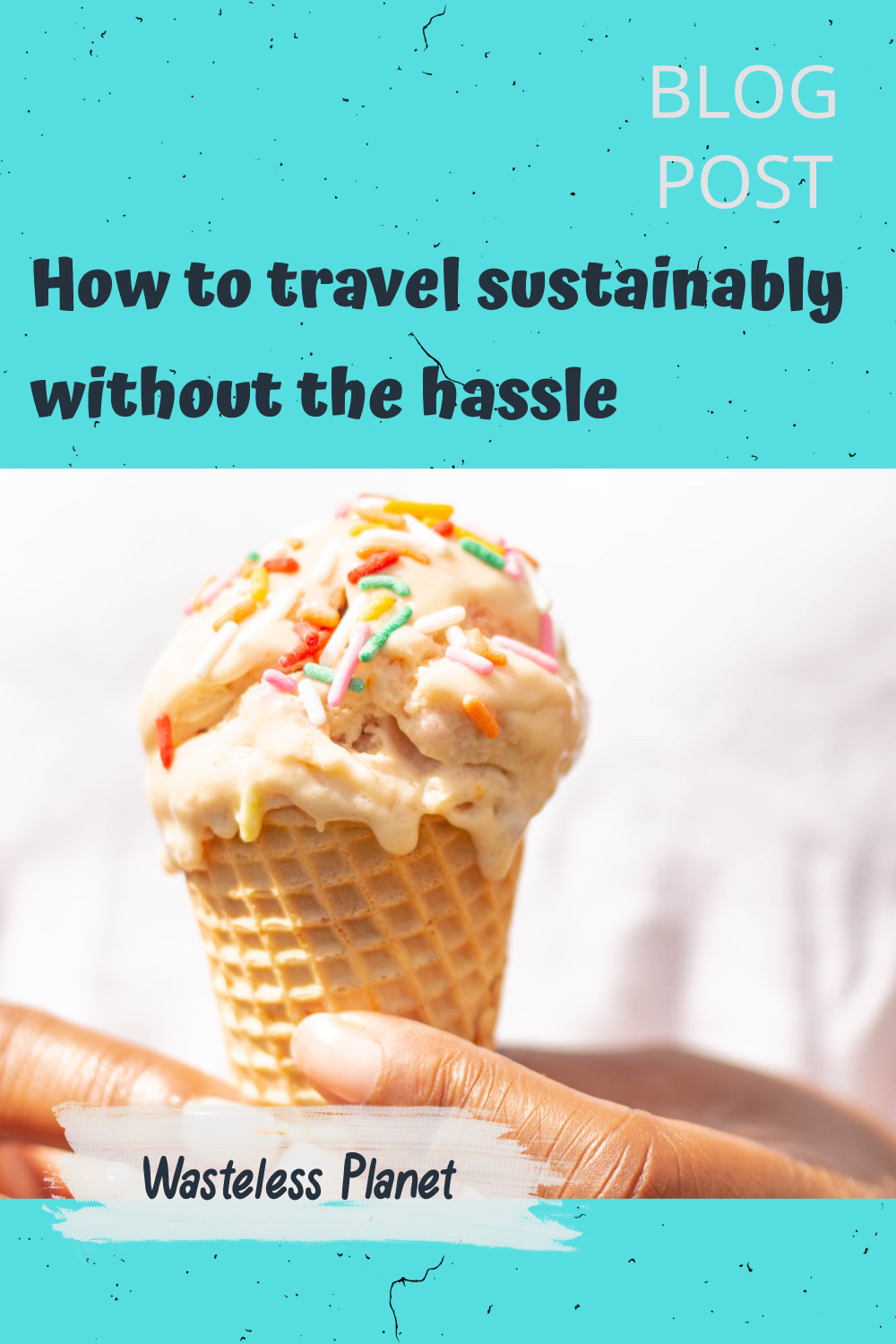
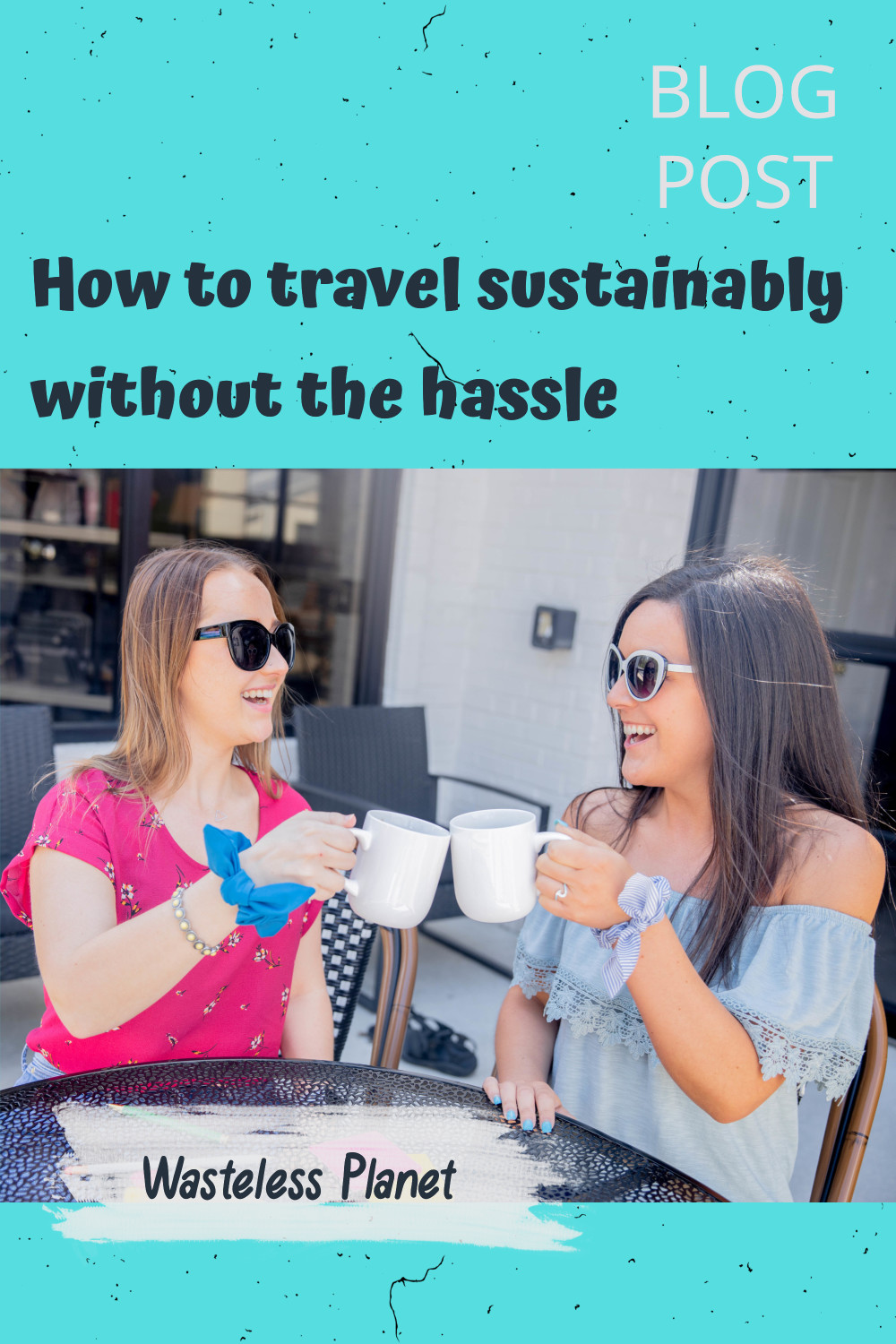
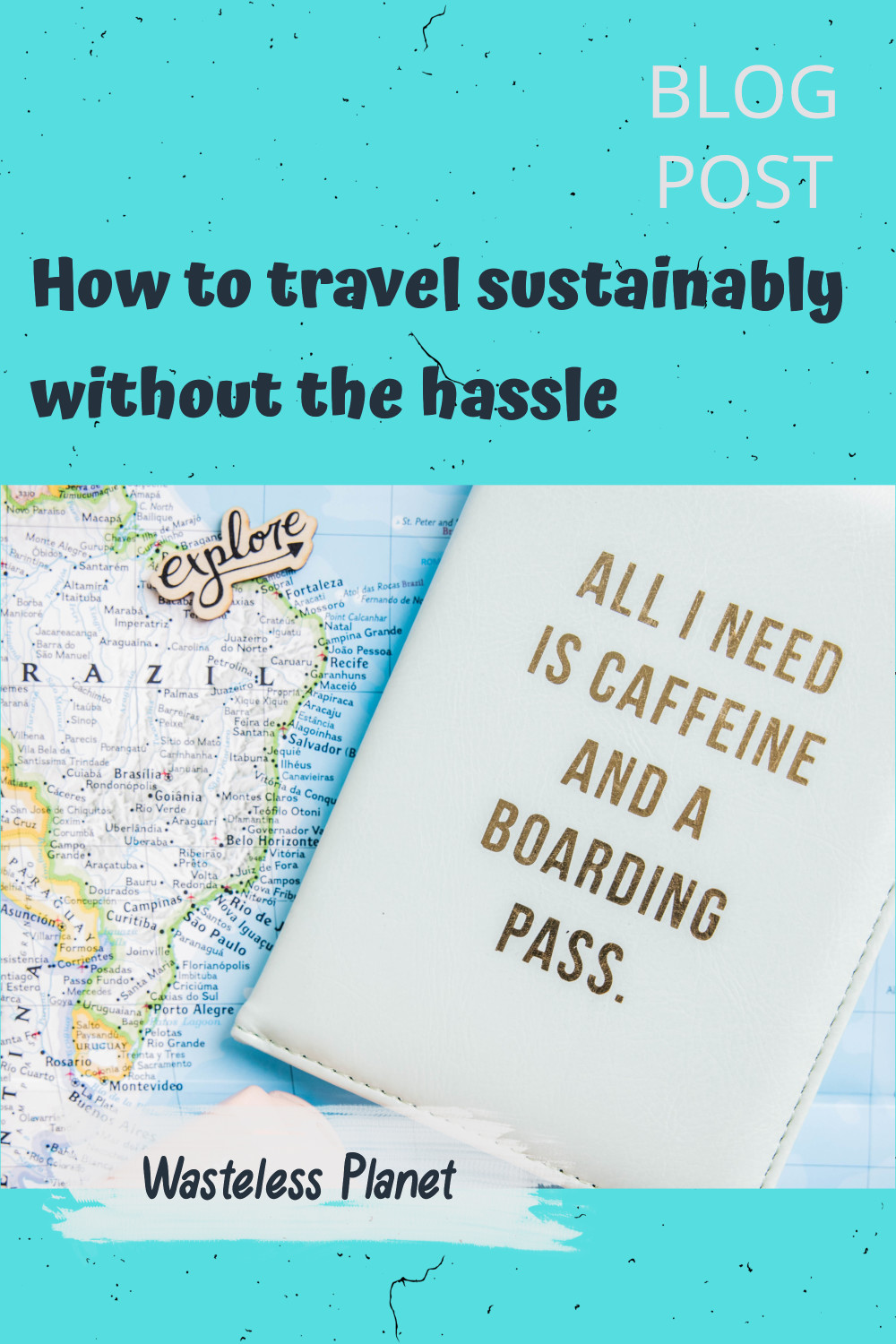
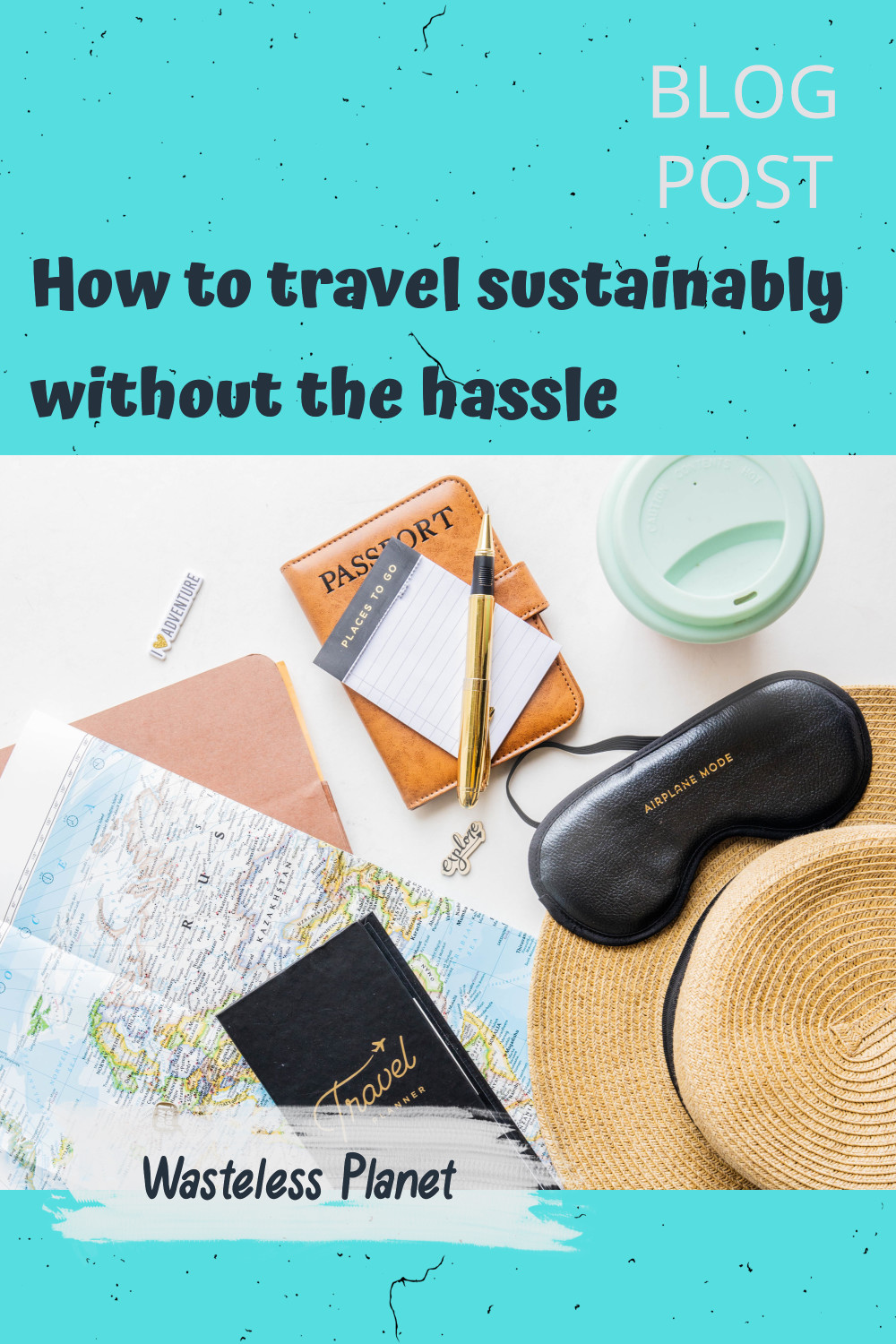
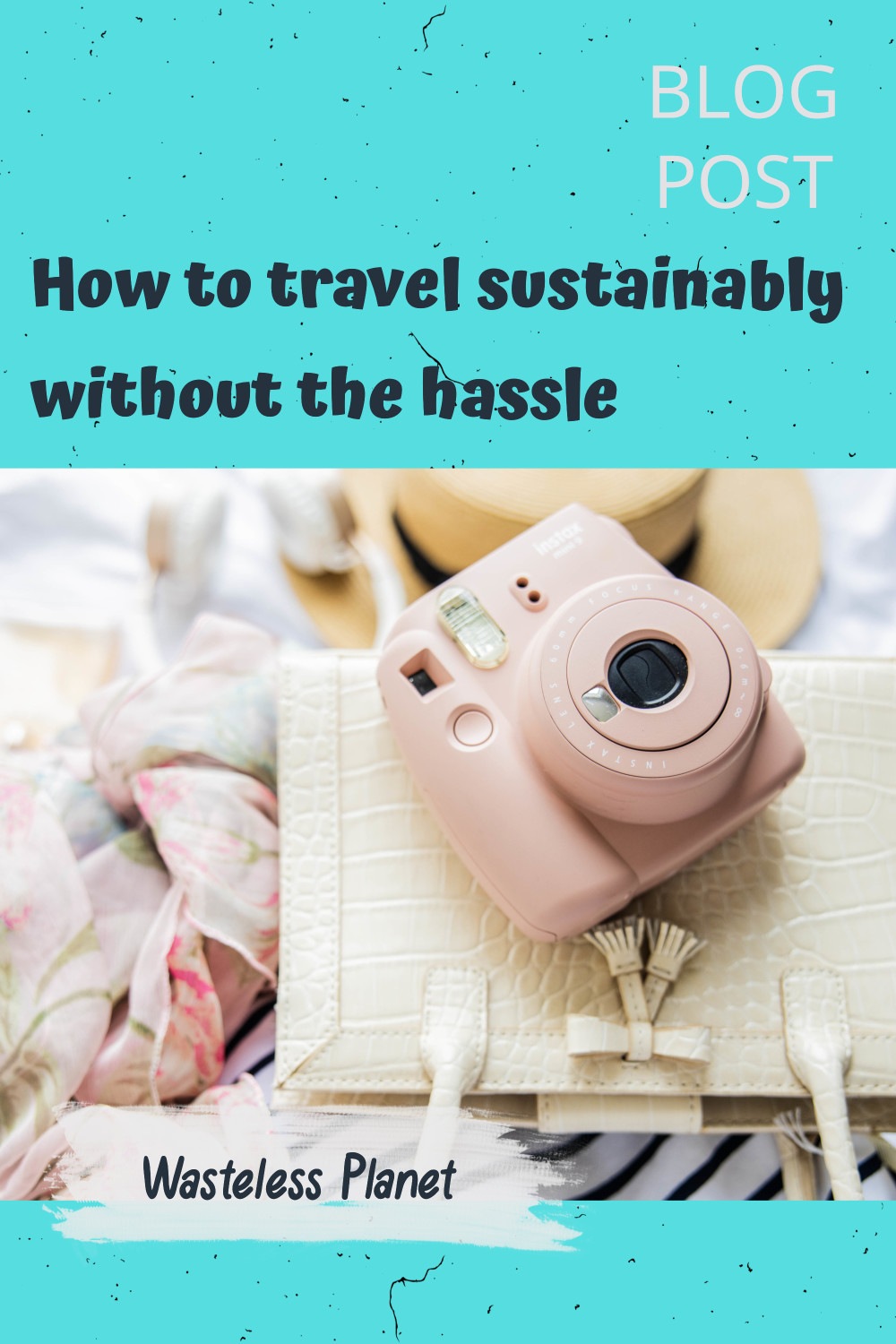
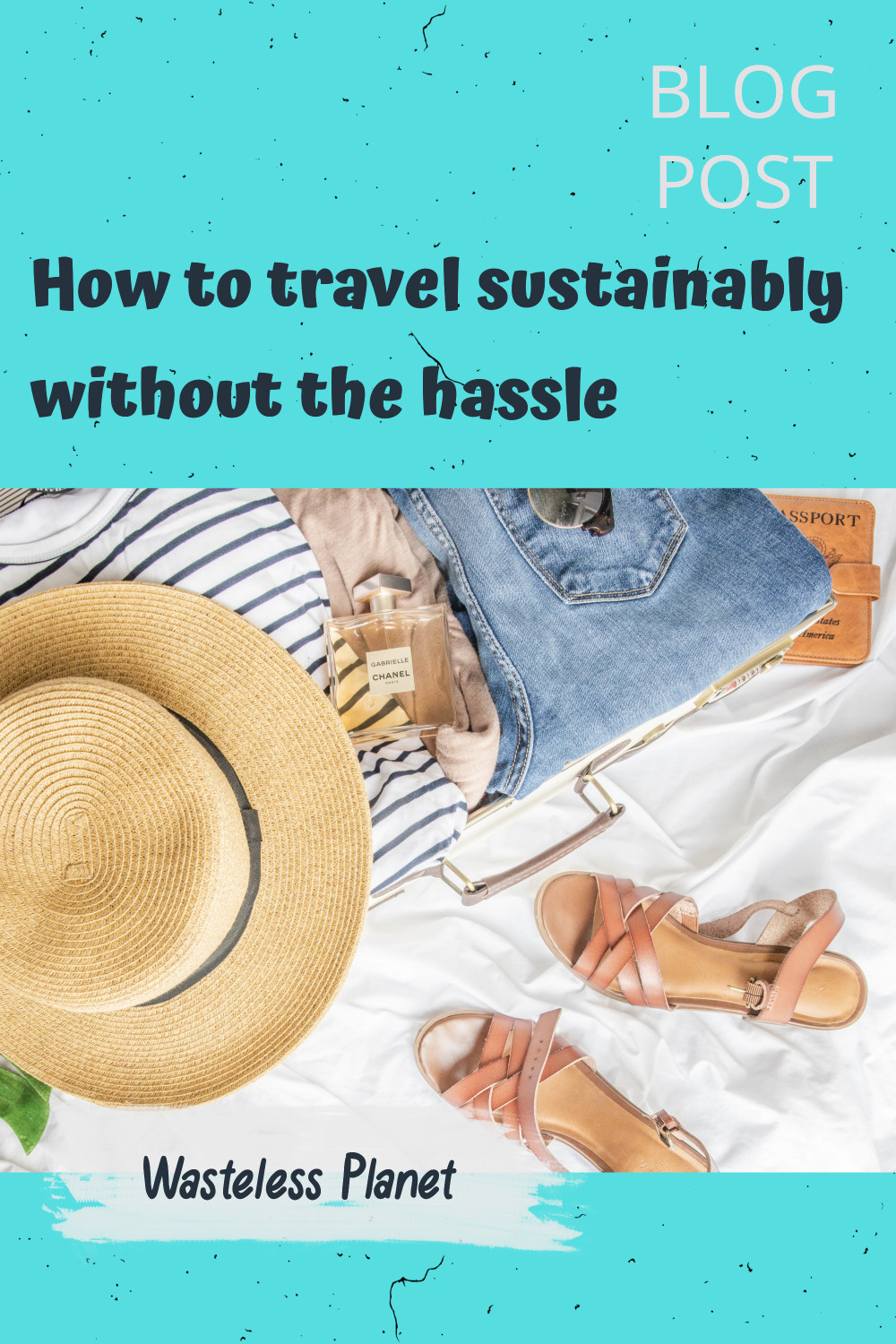
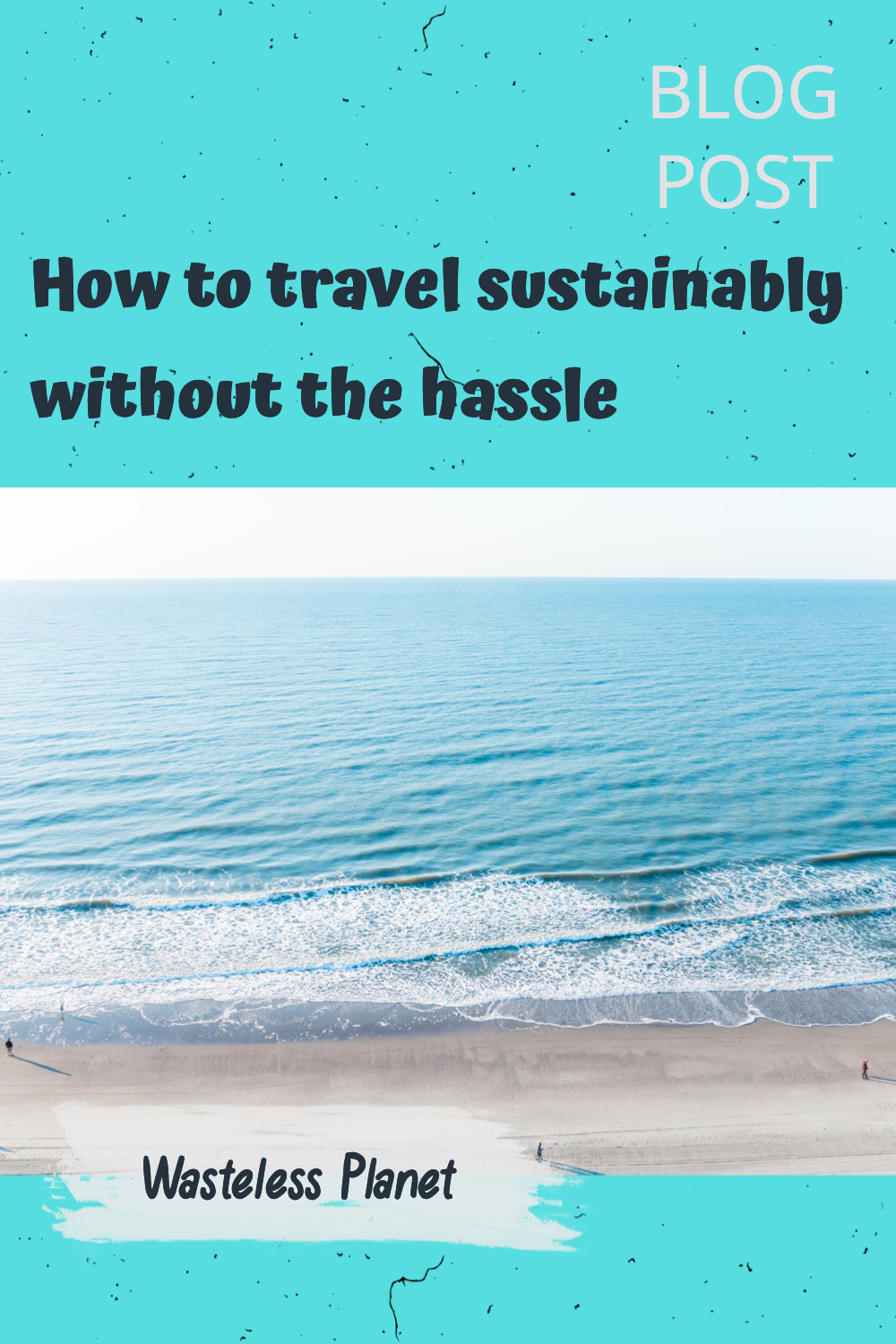

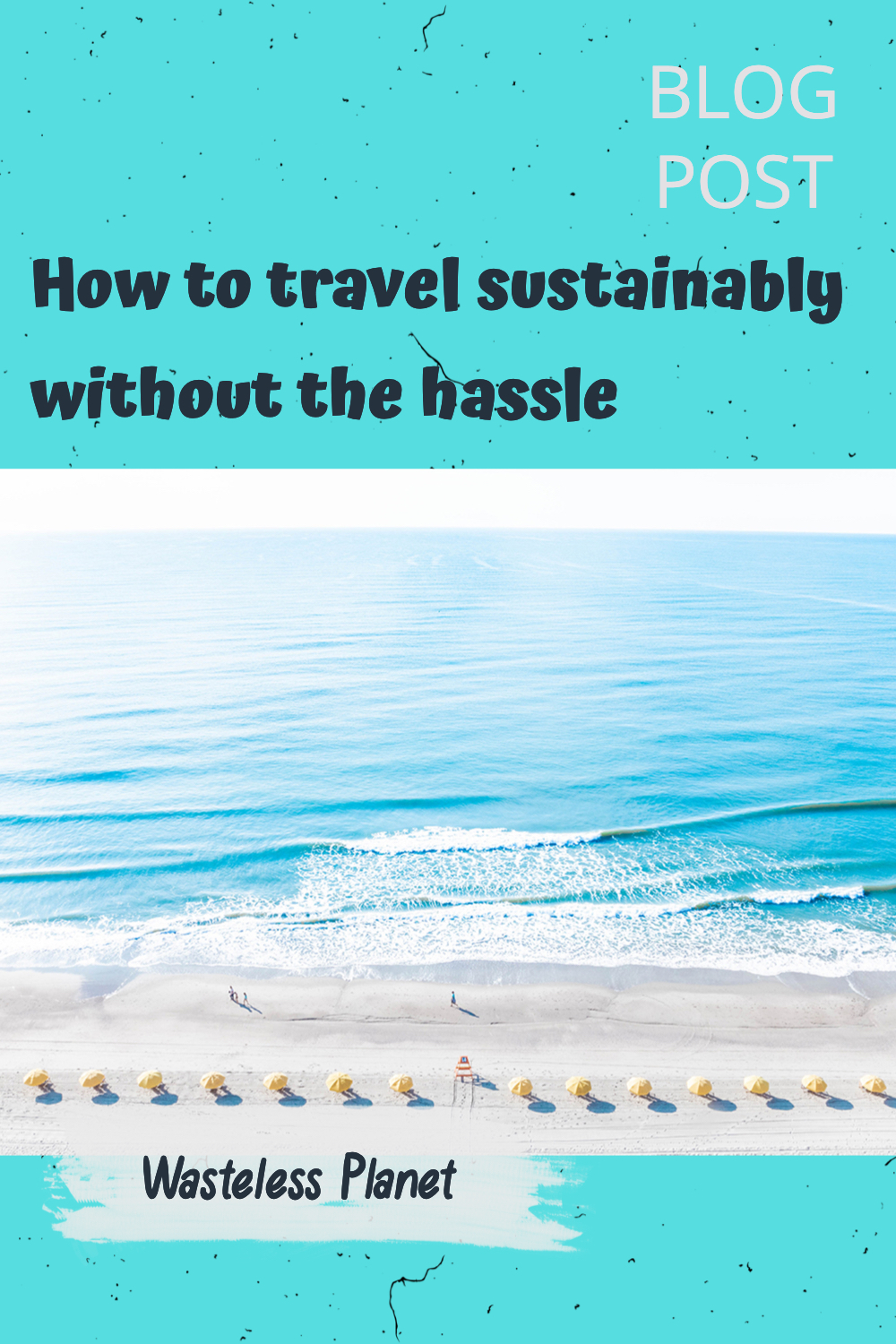
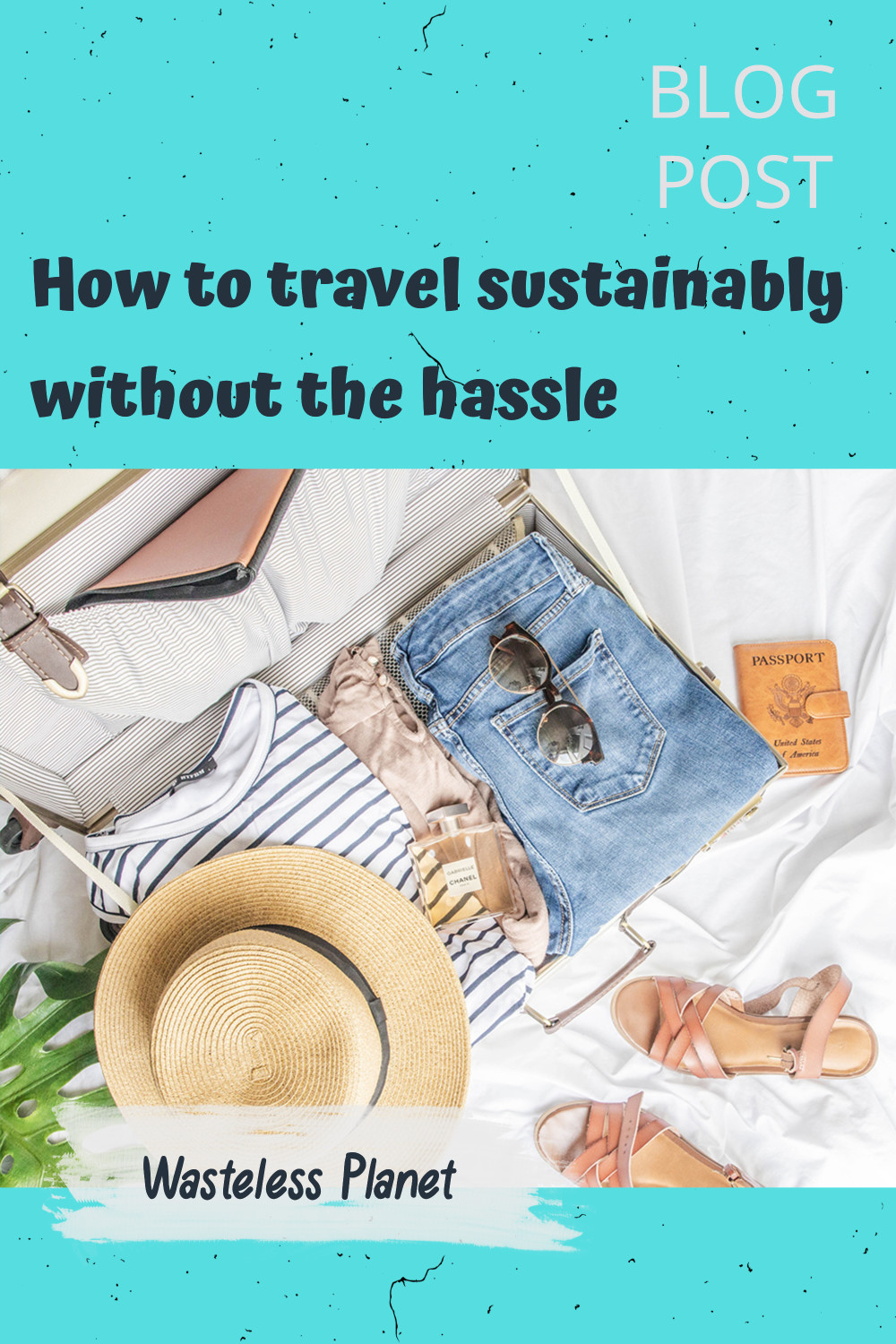
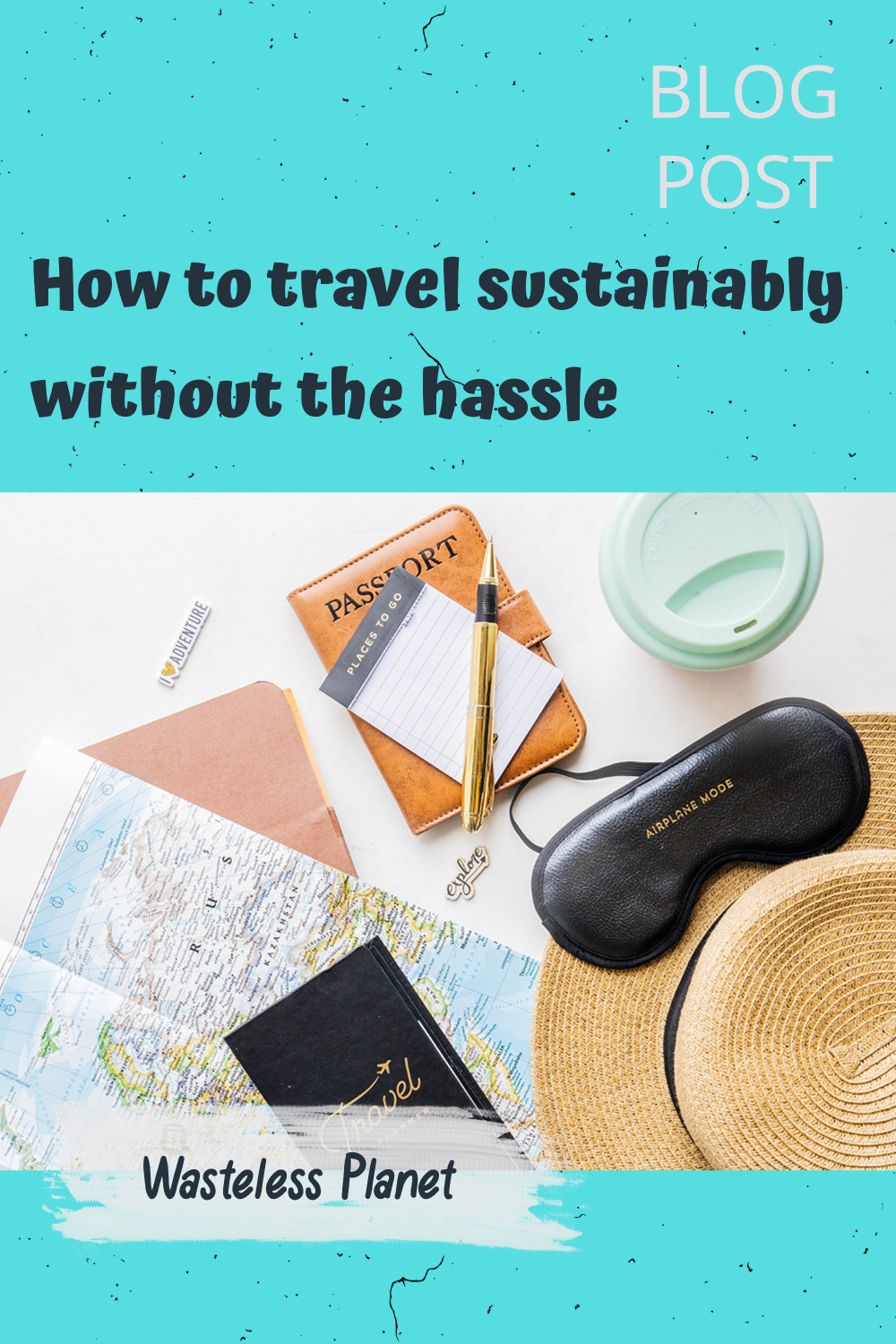
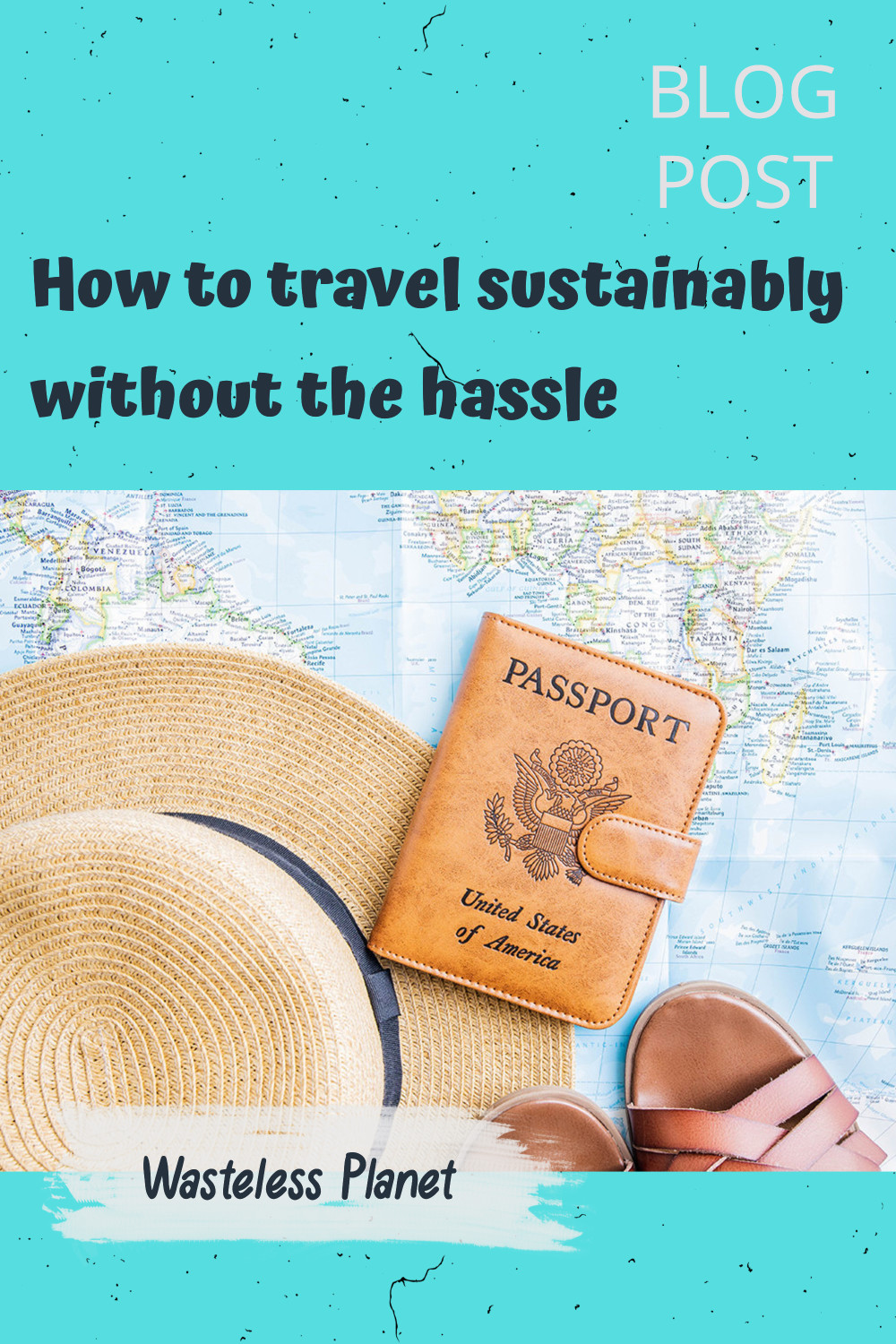



Leave a Reply